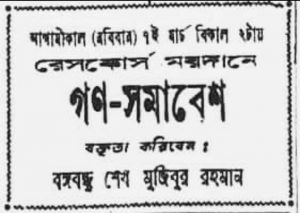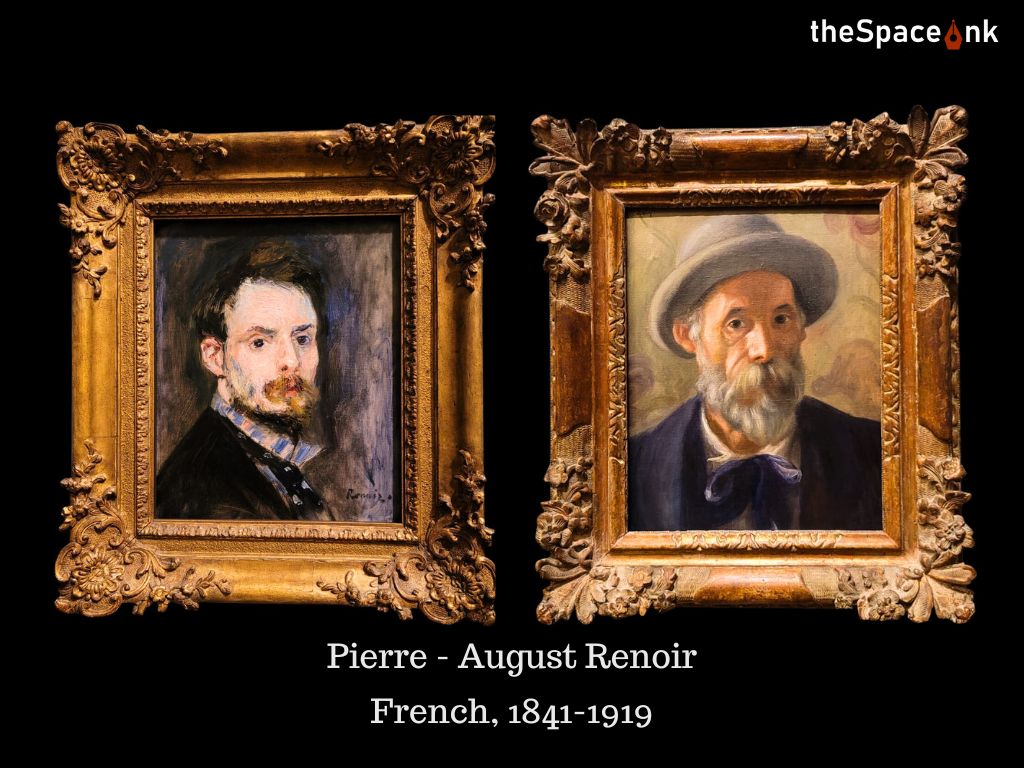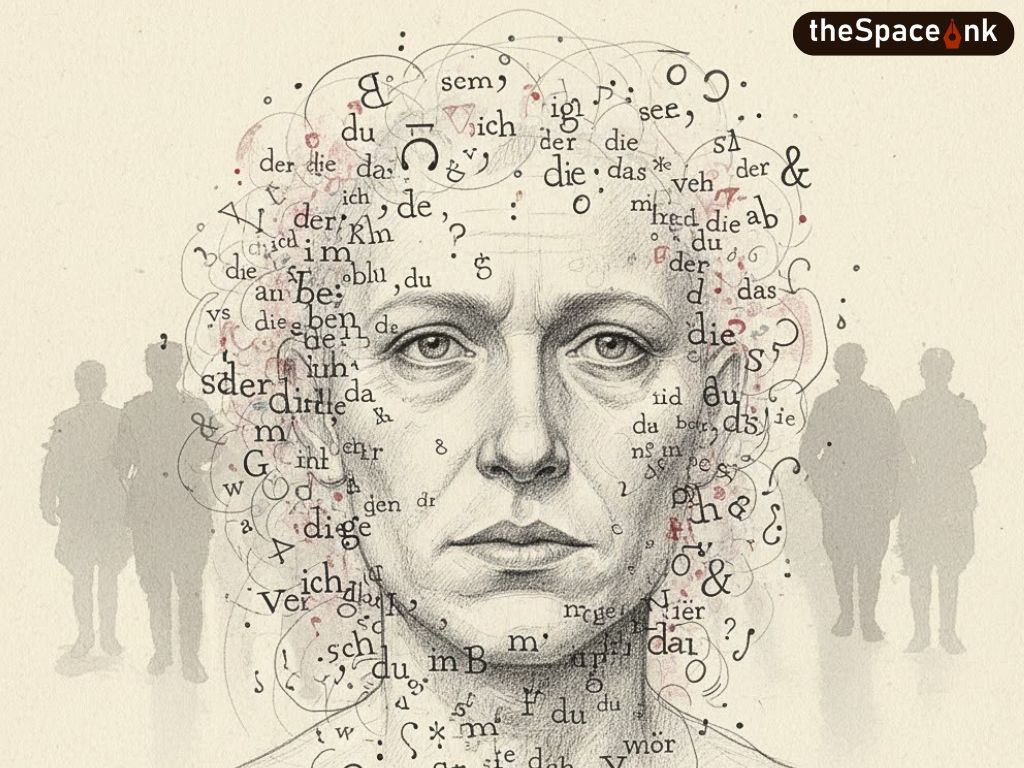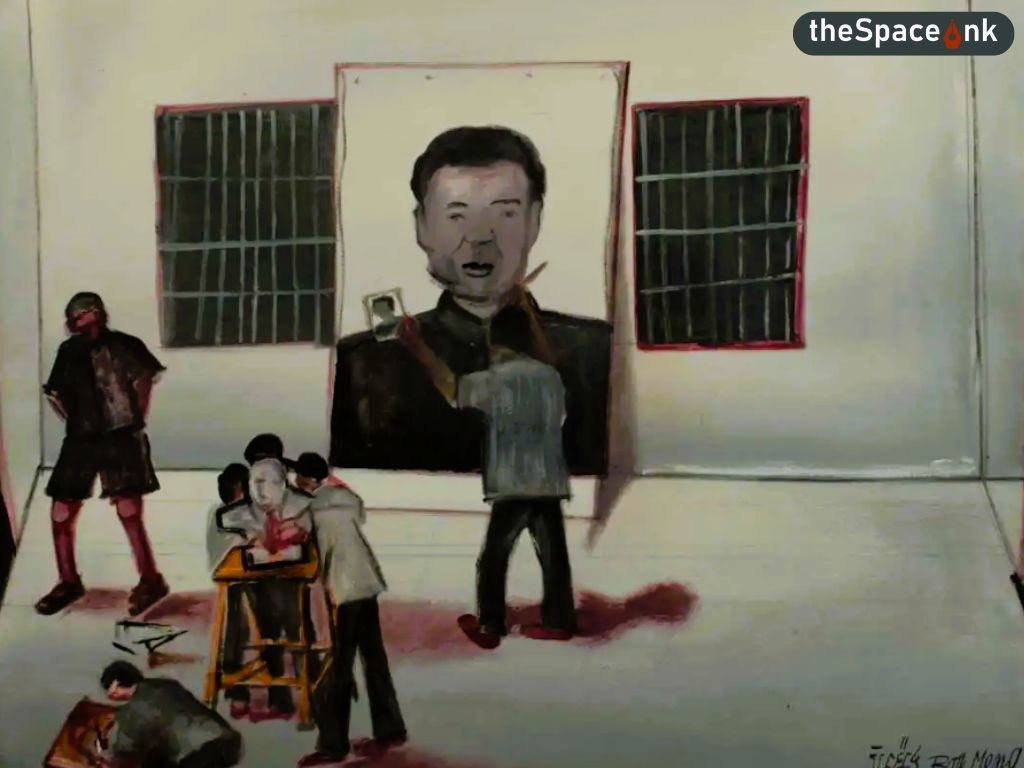Catches – as they day – win matches and speeches win elections. It is a pity that the Eden Gardens did not see a single ball bowled while India trounced England 3-1 in the recently concluded test series. But the Calcutta maidan seems to have made up for the loss of adrenalin rush. With the West Bengal Legislative Assembly elections knocking the door and the Brigade Parade Ground at the heart of Calcutta hosting a series of public rallies of gargantuan proportions, every Sunday looks poised for a display of oratory. As tens of thousands take an overnight bus journey to the city or board an early morning train to join the processions leading to the meeting venue, the sense of déjà vu is unmistakable. It is also the time to remember and celebrate one of the most memorable speeches Bengalis have heard in recent history, at least the recorded times. It was delivered at the Ramna Race Course grounds in Dhaka on the 7th of March 1971. As the present Indian Prime Minister led his party’s rally at the Brigade, this historic address completed fifty years. It was delivered by Sheikh Mujibur Rahman, the Awami League leader and the leader of the opposition at the most opportune moment of this subcontinent’s history.
There were no elections to be won, for the electoral battles were already over in December 1970 and were not recognized by the military junta led by General Ayub Khan. The National Assembly was convened on March 3 to settle the matters amicably, only to be cancelled at the eleventh hour. Awami League, the party winning 167 of 169 seats in the East Pakistan Provincial Assembly was left in the lurch and the martial rule was extended till further notice. As West Bengal waited with bated breath, a non-cooperation movement erupted all over East Pakistan. An evening curfew was slapped, leading to thousands of people flouting it and inviting bullets in the process.
A point of no return had already been reached. All the negotiations had failed. Promises were not fulfilled. New conspiracy theories were making rounds. An announcement of independence from the Bengali-speaking flank of Pakistan was imminent. The executive committee of Awami League met repeatedly to decide the next course of action. On March 6, 1971 the newspapers carried an insertion, announcing ‘Bangabandhu Sheikh Mujibur Rahman’ would address the public at the Race Course grounds from 2 o’clock in the afternoon. It was a much awaited event as the protestors and the people at large were eagerly anticipating the next set of instructions from Mujib, the leader of Awami League Parliamentary Party and the most prominent political leader of East Pakistan since Fazlul Huq and Hassan Suhrawardy.
Mujib was a student of Islamia College in Calcutta when the Quit India Movement gathered steam in 1942. His clarion call reverberated with the same veracity and verve that marked the ‘Do or die’ days.
All roads led to Ramna Race Course grounds that morning. Hundreds stood waiting outside Mujib’s Dhanmondi residence when he got inside his old-fashioned Toyota car and started for the venue. Within minutes the crowd erupted – ‘Bir Bangali astra dharo / Bangladesh swadhin karo’ (‘Heroes of Bengal, take hold of arms / To Liberate Bangladesh’). They held placards that demanded liberation. They waved flags – an olive green rectangle with a red circle in the middle and the outline of Bangladesh executed in golden embroidery. Mujib looked a picture of confidence in white kurta-pajama teamed with a black waist coat, now better known as a ‘Mujib jacket’ in Bangladesh. He approached the lecture podium in no time, removed his thick-rimmed black glasses, put them down and took a quick survey of the massive turn-out and started his address.
In terms of impact, it reached the millions who assembled at the Ramna Race Course grounds. The State-sponsored Radio Pakistan buckled under public pressure to broadcast the address. A significant battery of foreign correspondents, including the BBC was recording every bit of action. Thousands of radios located across the border in West Bengal were being tuned to precision to extend the scope of the live broadcast.

It was not a prolonged address. It was only 19-minute-long – precise and passionate to the core. It was spontaneous, for Mujib had no written note guiding him. He was clearly speaking his heart out.
Those 19 minutes defined the relationship between a State and its subjects, and eventually gave birth to a nation we now know as Bangladesh.
No, he did not call out independence for the Bengali people straight away, but preferred to set down the norms for a non-cooperation movement that was already on and poised to gain momentum. Then he made a quick summary of events that snowballed to the historic moment, beginning with the Language Movement of 1952. He minced no words while placing his charter of demands in four salient points – the withdrawal of martial rule, the return of the army to the cantonments, the investigation of recent killing of innocent citizens, and most importantly, the transfer of power to the people’s elected representatives.
Mujib was a student of Islamia College in Calcutta when the Quit India Movement gathered steam in 1942. His clarion call reverberated with the same veracity and verve that marked the ‘Do or die’ days. He raised his pitch considerably when he issued a cold warning to the State, “Saat koti manushke dabaye rakhte parba na” (“You cannot keep on suppressing a population of 70 million.”). He was defying the State in no uncertain terms. He was taking the battle into the enemy’s barracks. For a moment he moved away from standard Bengali rhetoric – the lexicon of the bhadralok class, and mixed common man’s expressions and intonations. That was his ‘Midas touch’ and it was met with thunderous applause.

For many of us, the 7th March speech brings back a whole lot of memories, not so distant. Back in the early 1940s, the affluent Bengalis with a valve radio would tune on their own at the midnight hour to listen to Netaji Subhash Chandra Bose’s radio broadcasts over Azad Hind Radio waves. On February 28, 1942, Subhash declared, “Standing at one of the crossroads of world history, I solemnly declare on behalf of all freedom-loving Indians in India and abroad, that we shall continue to fight British imperialism till India once again the mistress of her own destiny.” Mujib was equally eloquent in his plainspeak when he thundered, “The struggle this time is the struggle for emancipation. The struggle this time is the struggle for our independence. Victory to Bangla!” He ended with these words that have since penetrated our collective memory.
The speech has travelled a long distance ever since. The next day, it was printed in full in Bengali and many more languages. Such was the popularity of the speech that it was issued as an EP record by Dacca Records, printed in millions. However, it was banned soon afterwards and thousands of copies had to be buried and destroyed, but not before they reached stores in Calcutta. It continued to fuel the War of Liberation and contributed significantly to the legend of Bangabandhu Sheikh Mujibur Rahman. In the recent decades, the Sheikh Hasina-led Government of Bangladesh made concerted efforts to underline the momentous occasion. Since the speech entered UNESCO’s ‘Memory of the World Register’ as a documentary heritage in 2017, there had been state-wide competitions where children and youngsters were encouraged to dress up in the signature Mujib attire and deliver the 7th March address. With the Mujib centenary celebrations currently reaching its final stage, it is being replayed all over Bangladesh.
However, there is more in store for this piece of wonder. Till the audio recordings were made possible, we had to rely on the written versions of the speeches if we did not have an opportunity to hear them live. The Gettysburg Address by Abraham Lincoln is a classic case. Back home, we have Swami Vivekananda charming the Chicago audience with “Sisters and brothers of America!” – another constructed myth of colossal proportions. We have heard or read about many memorable addresses since recordings were made available. Although Bal Gangadhar Tilak’s “Freedom is my birthright” speech is not readily available, Rabindranath Tagore’s ‘Crisis of Civilization’ speech is marred by an extremely poor audio, and Subhash Chandra Bose’s “Give me blood and I promise you freedom” is seldom put to use; Jawaharlal Nehru’s ‘Tryst of Destiny’ address remains the most circulated in recent times.
But none of the above spawned a war of liberation and kept itself alive for last fifty years, making the 7th March address of Sheikh Mujibur Rahman easily the most influential speech in recent times. A cut above the rest.
If you find time to trace Indira Gandhi’s ‘Tragedy in Bangladesh’ speech delivered at the Parliament of India, a day before India joined the war against Pakistan, go through it. It is a perfect companion piece and a memory of a decisive war that we two nations fought together and won.
Exactly fifty years back.






